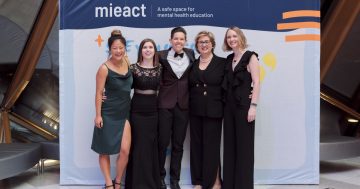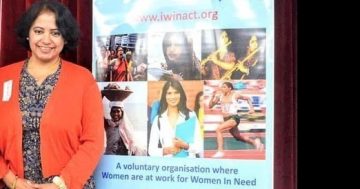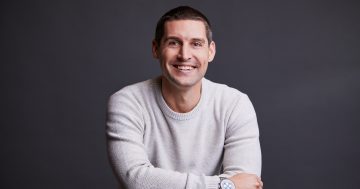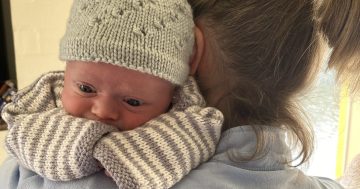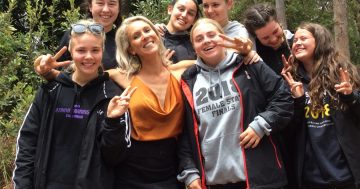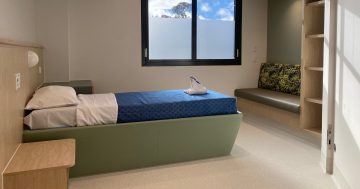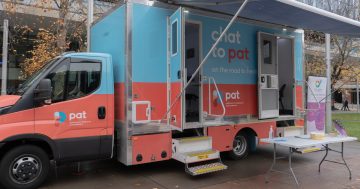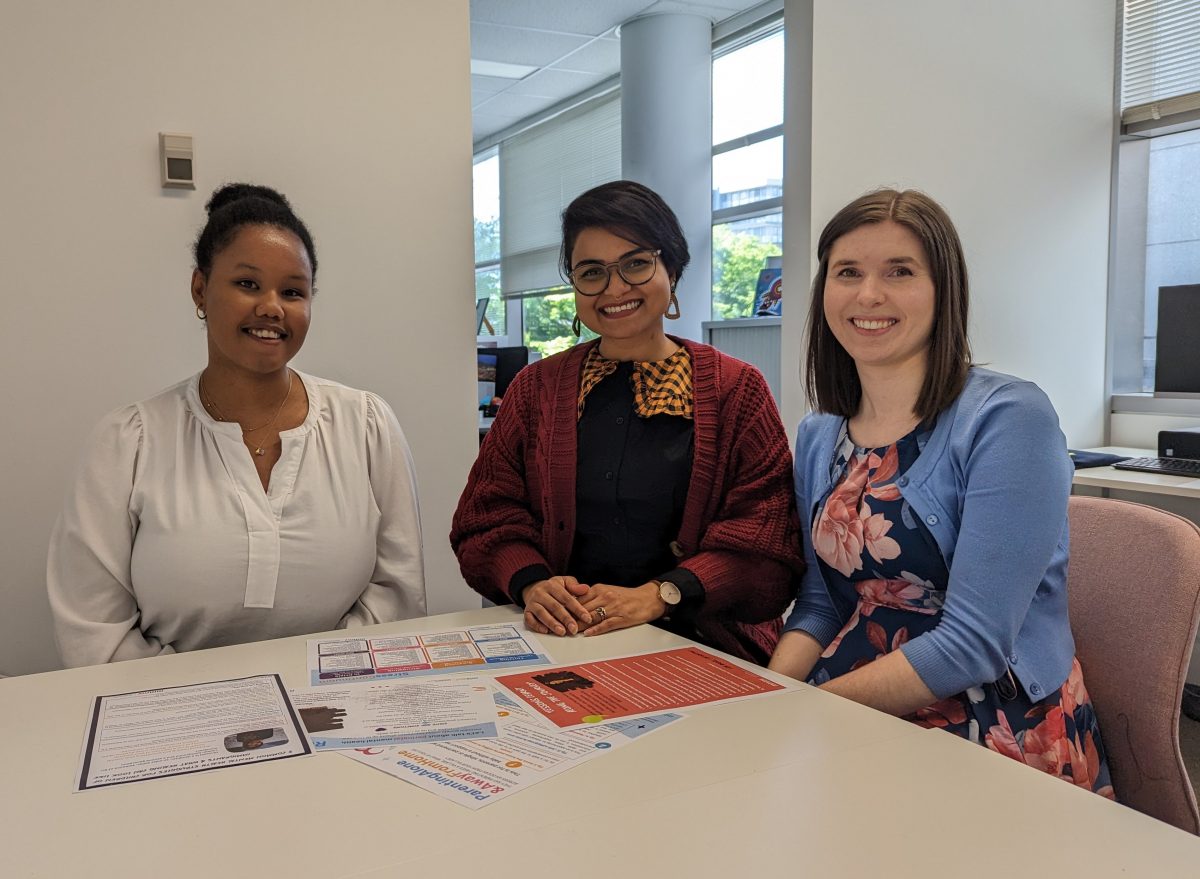
Fahmida Suma, Aisha Setipa and Rose Clifford have been part of My Mind, My Voice for the past 12 months. Photo: ACT Health.
In many culturally and linguistically diverse (CALD) communities, there’s no positive word to describe someone’s mental health.
“Mental illness or concerns with mental health are not really seen in a positive light; even the word we have to describe someone with mental health issues is quite demeaning and has negative connotations,” said Fahmida Suma, a local Bangladeshi woman.
“There’s no positive way of saying it.”
For the past 12 months, the My Mind, My Voice initiative has been working with people from Canberra’s CALD communities – mainly women – in breaking the stigma that surrounds mental health.
Project officer Rose Clifford said it had been made possible through an ACT Health grant, with the goal to upskill CALD people to share their mental health stories safely and educate others in their community, facilitated through MIEACT (Mental Illness Education ACT).
“A lot of mental health resources are very Western, they don’t relate to the stories and experiences of our multicultural communities,” she said.
“The stigma is massively prevalent, plus there’s a general lack of knowledge and information.”
My Mind, My Voice partnered with 10 community organisations to create the peer-led program with people from a variety of backgrounds, including Indian, East African, Middle Eastern, Argentinian, Chinese, Malaysian and Eastern European.
One of those involved was Fahmida Suma.
She recently was part of an abusive relationship and experienced domestic violence. However, she found it difficult to speak with her family or community about the impact it was having on her mental health.
“There is a lot of struggle with your mental health, and not being able to share that with your parents, you feel so lonely,” Fahmida said.
“You’re trying to balance between cultures and find your own identity while trying to meet the expectations of your family and trying to be an Australian.
“But it’s so important to bring that understanding and awareness, and have those conversations.”
Fahmida said while most people found it difficult to admit they were seeing a psychologist, there was a guilt that could come from being from a family who had struggled to even come to Australia.
“There’s an intergenerational gap in the way the first migrant generation thinks, and the beliefs and values they have, compared to the second generation,” she said.
“But our mental health is a key part of us, it’s our brain and how it functions.”
Aisha Setipa is another Canberran who is part of the program.
The Malaysian-Mosotho woman said poor mental health was seen by some in her community as a sign of weakness.
“We don’t even have the words [in our language] to describe what one may be living with,” Aisha said.
“Personally, I remember a sense of guilt for feeling the way you do when hearing stories of what your parents went through. You’re asking yourself, ‘why are you feeling this way or complaining when people have had it much worse?’.
“It hinders a lot of conversations and healing people could have.”
Both women discovered speaking about their experiences was a form of healing, and wanted to help others by sharing their stories.
Fahmida said being part of My Mind, My Voice opened a door for her to have conversations about topics she’d never been able to speak about previously.
“I was able to have those conversations with the CALD community around domestic violence, mental health and sexual abuse, these things we don’t usually talk about,” she said.
“Listening to somebody else and how they got through that, knowing what to look for, knowing what support is out there … it’s what victims and survivors need at a crucial time like that.”
Aisha said she wanted all CALD people to know that seeking outside help wasn’t shameful, and actually sometimes necessary rather than trying to solve it within the community.
“I came from a place where I spent a lot of my childhood suffering in silence. I saw this as an opportunity for me not to stay silent anymore,” she said.
“I hope it lets another person not feel so alone, especially when you don’t see a lot of people who look like me share their stories.”
Rose said the program’s 12-month grant ended in October, and they needed more funding to keep it going.
“We need backing from the government to keep going down this path,” she said.
“We’ll still offer safe-sharing training, but this is specifically training in the CALD space.
“We hope to incorporate it more into the MIEACT space.”
Both Fahmida and Aisha hope this program will operate into the future to continue educating their communities about mental health and wellbeing.
“I think the program is incredible, the CALD community really needs it,” Aisha said.
Fahmida agreed, and added: “You’re never alone, there is always hope.”
More information about My Mind, My Voice can be found via MIEACT.












